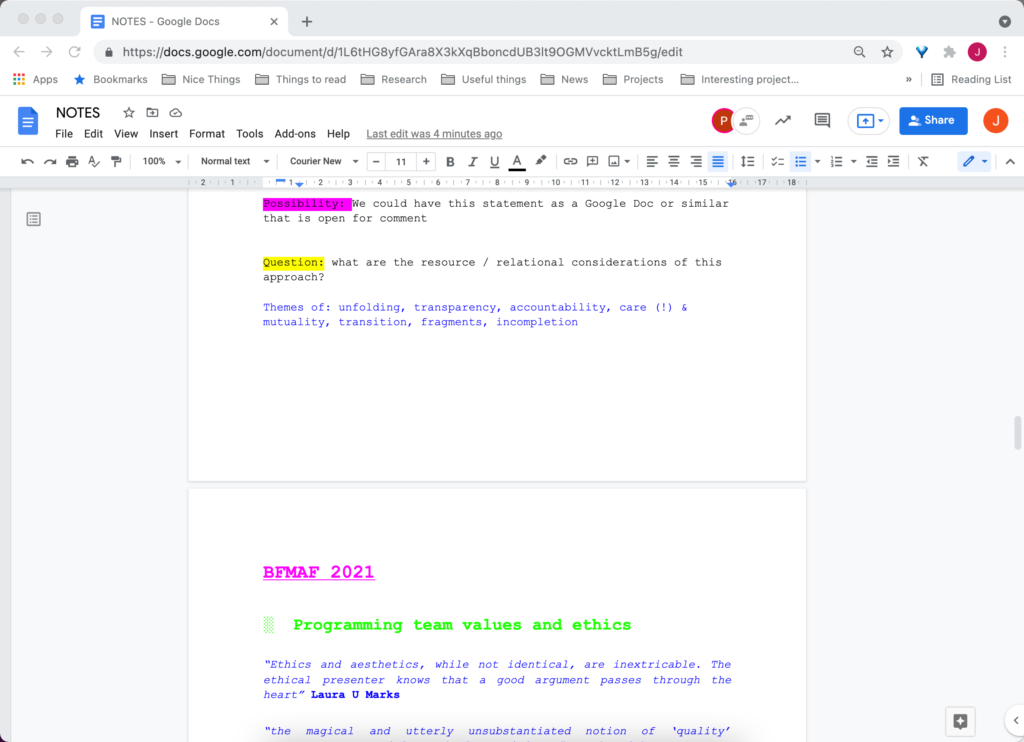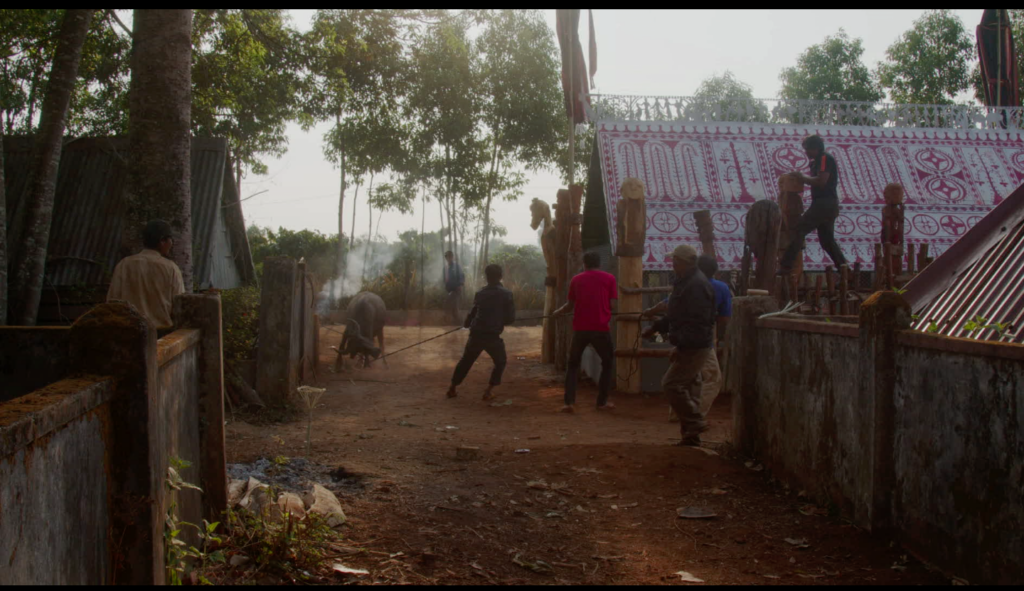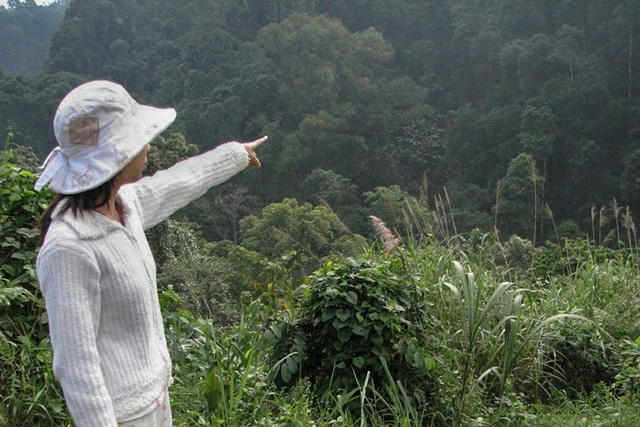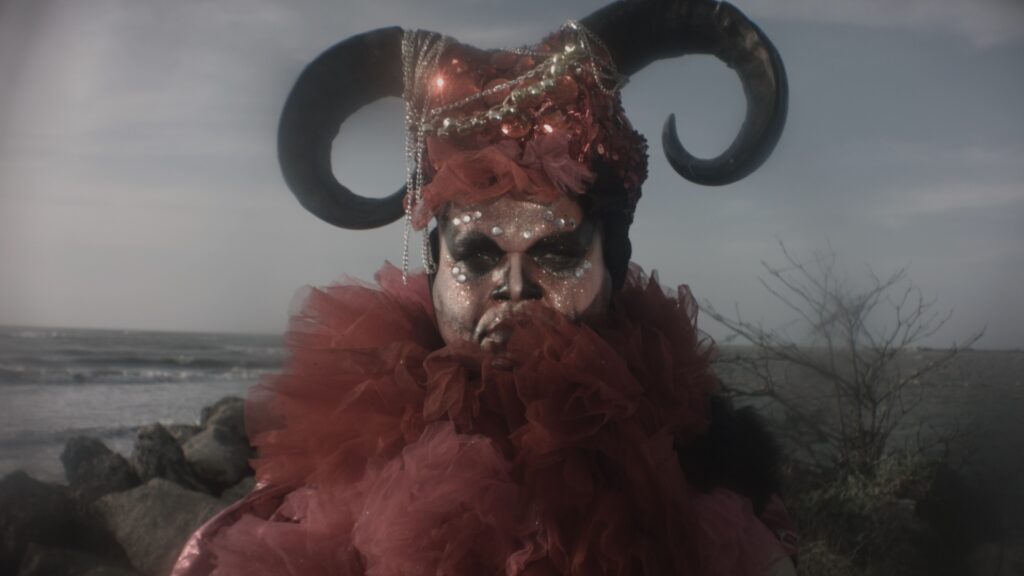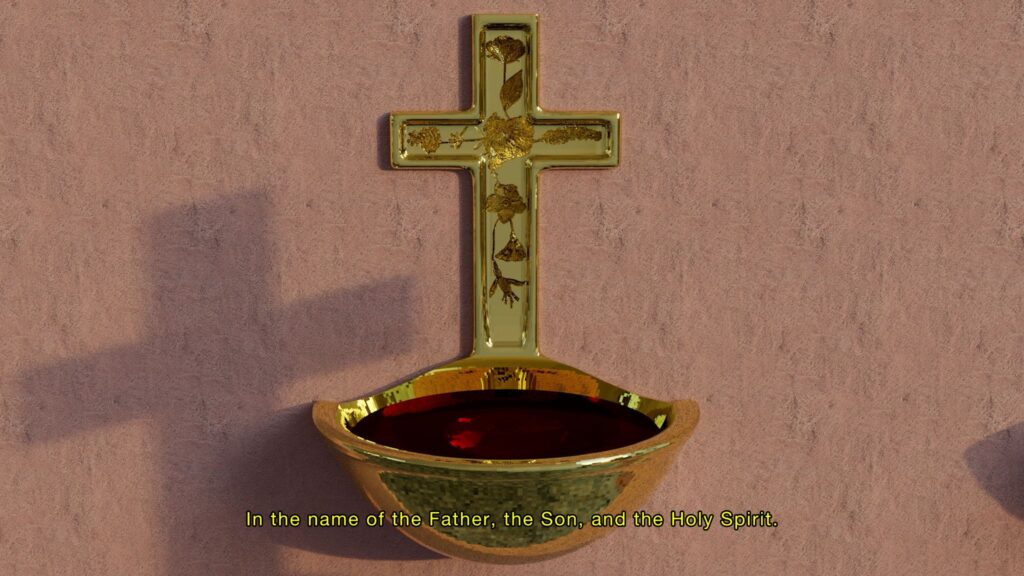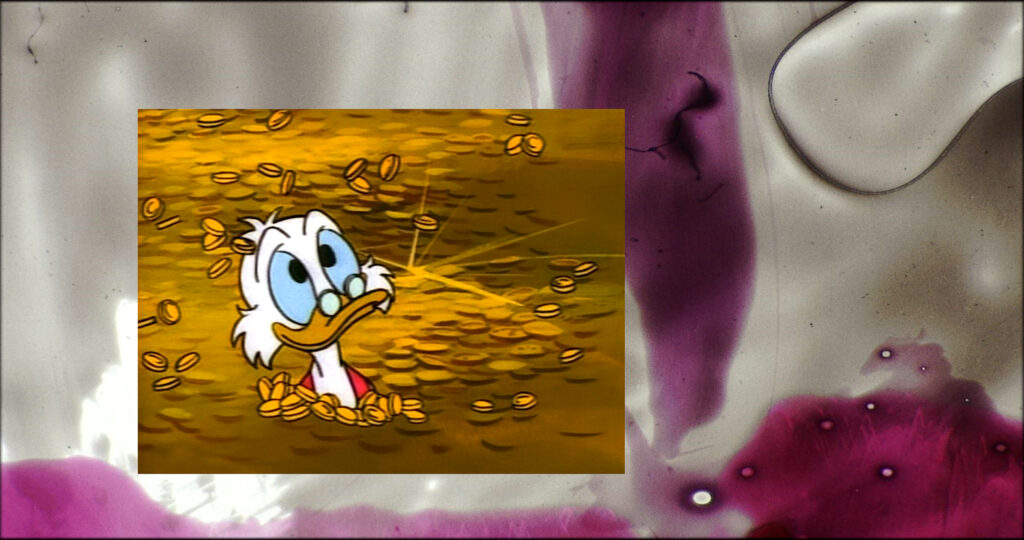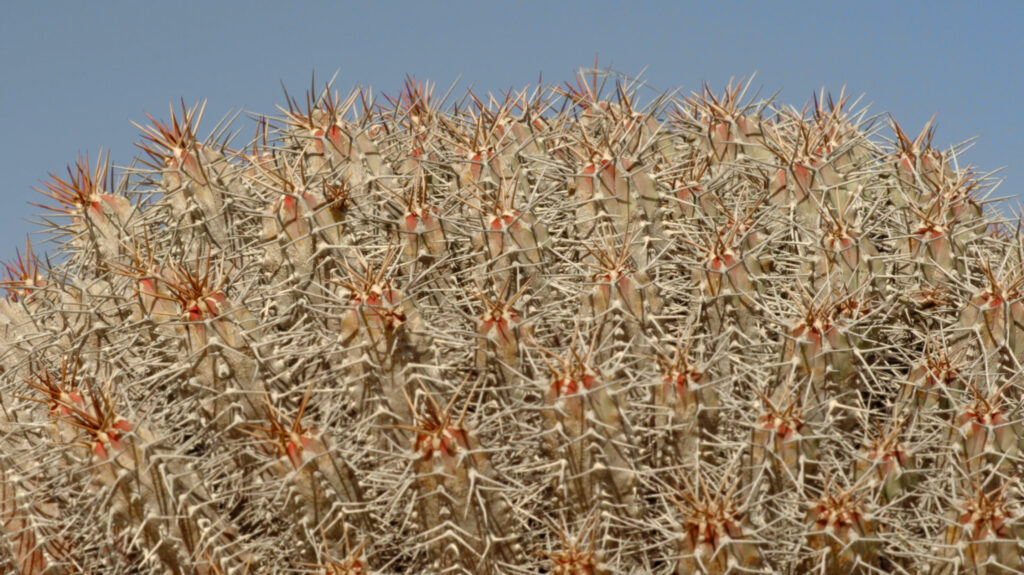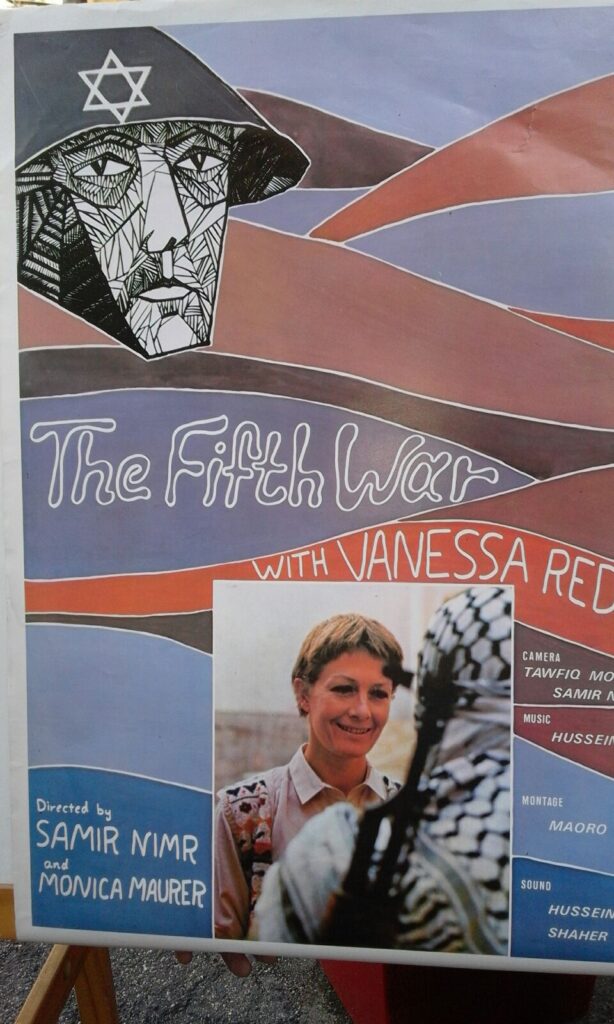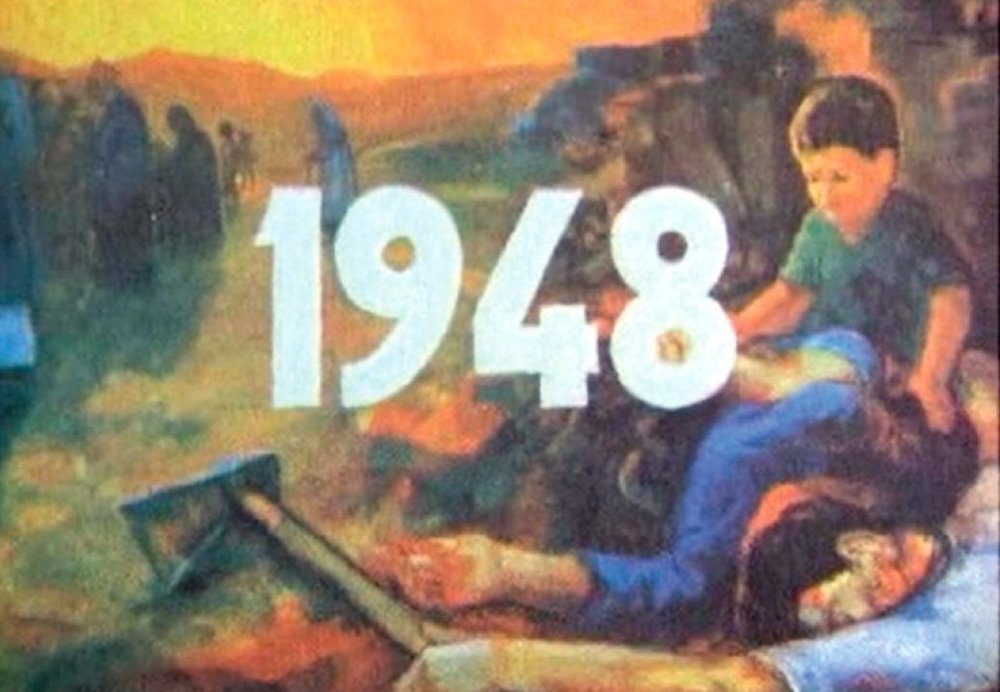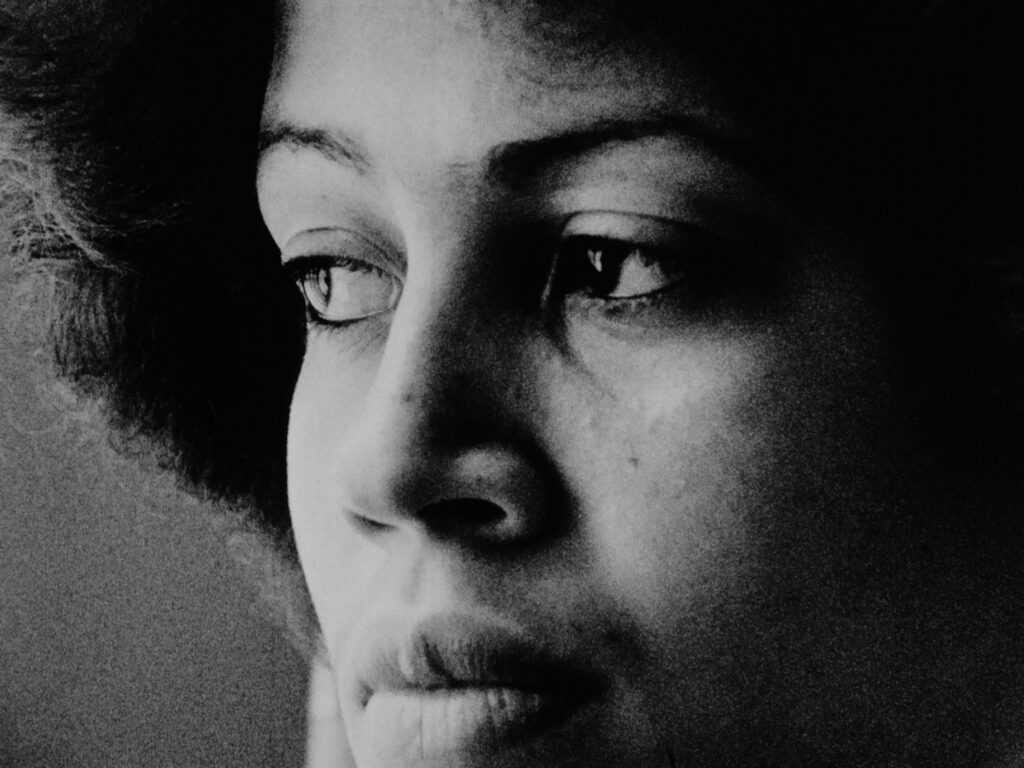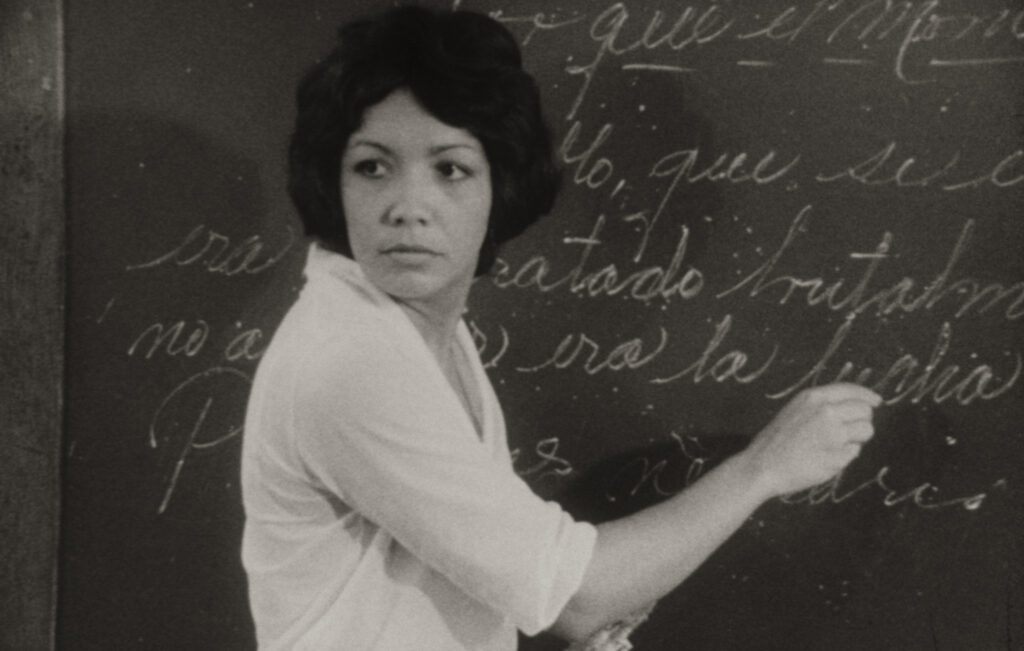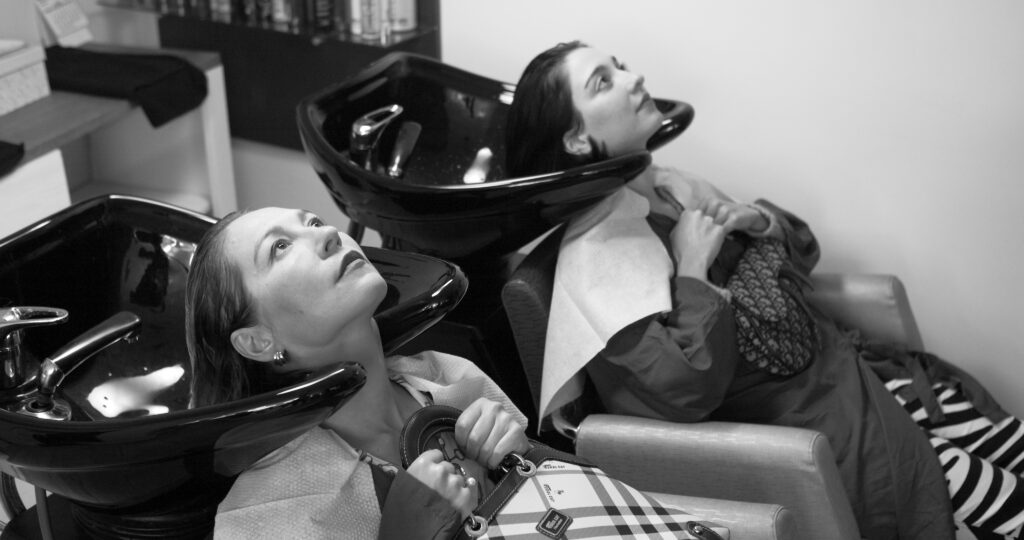Nguyễn Trinh Thi is one of Vietnam’s leading contemporary artists. Her moving image work engages with the ways in which memory, history and representation are part of broader structures of power, the legacies of colonialism and war, and the erasure of indigenous Vietnamese cultures.
Nguyễn Trinh Thi’s Focus Programmes are supported by CREAM, University of Westminster and Centre for Screen Cultures at the University of St Andrew
In La Nave, Colombian artist and first-time filmmaker Carlos Maria Romero (aka Atabey Mamasita) translates the meaning and spirit of Carnival de Barranquilla during a year in which gatherings were forbidden. Through clandestinely filmed performances with members of many different communities—indigenous, trans, queer, rural, Afro-Colombian and radical outsiders among them—Maria Romero recreates northern Colombia’s largest cultural event as an essayistic performance film, demonstrating how Carnival is a lifeblood to its many diverse participants.
In a village in central India, dedicated school teachers put their heart and soul into preparing a group of children for an entrance exam for a Government-run “School of Excellence.” Entrance Exam explores the stakes of the opportunities afforded by this continued, subsidised education for underprivileged children, as well as the many layers of struggle in this intense and surprising journey.
This screening will be accompanied with in person conversations with Éiméar McClay & Cat McClay (a body is a body is a body) and Rehana Zaman (Alternative Economies).
The Void Project looks at the effect of the absence of Palestinian visual archives on the construction of a Palestinian visual narrative. The project was founded by Palestinian documentary filmmaker, cinematographer, producer and writer Azza El-Hassan, whose documentary films mostly reflect her experience living in exile and her experience living in Palestine. In this programme, El-Hassan brings together a selection of films produced by the Palestine Film Institute in Jordan and Lebanon during the revolutionary years of Palestinian Cinema. These films are a testimony to both the history of international solidarity with Palestine, as well as the ongoing struggle for a self determined Palestinian narrative. — Jemma Desai
The screening at the Maltings will be introduced by Sheyma Buali, a programmer, producer and writer and member of the London Palestine Film Festival programming team since 2011.
Watch One Way or Another (1977) Sara Gómez’s “bold work of revolutionary feminism” alongside Back Inside Herself (1984) by S. Pearl Sharp. Back Inside Herself is newly restored by Cinenova and will be accompanied by On the Inside a prose poem by London-based poet Sarah Lasoye.
The screening is a prelude to Cinenova’s The Work We Share – a programme of 10 newly digitised films from the Cinenova collection. All have been captioned by Collective Text and are accompanied by 10 new artist response commissions, which will tour the UK throughout 2021-22.
Amalia Ulman’s debut feature is a dark comedy. El Planeta explores contemporary poverty, deception, class, and escapism through a tender mother-daughter relationship, played by Ulman and her real-life mother.



